Who We Are
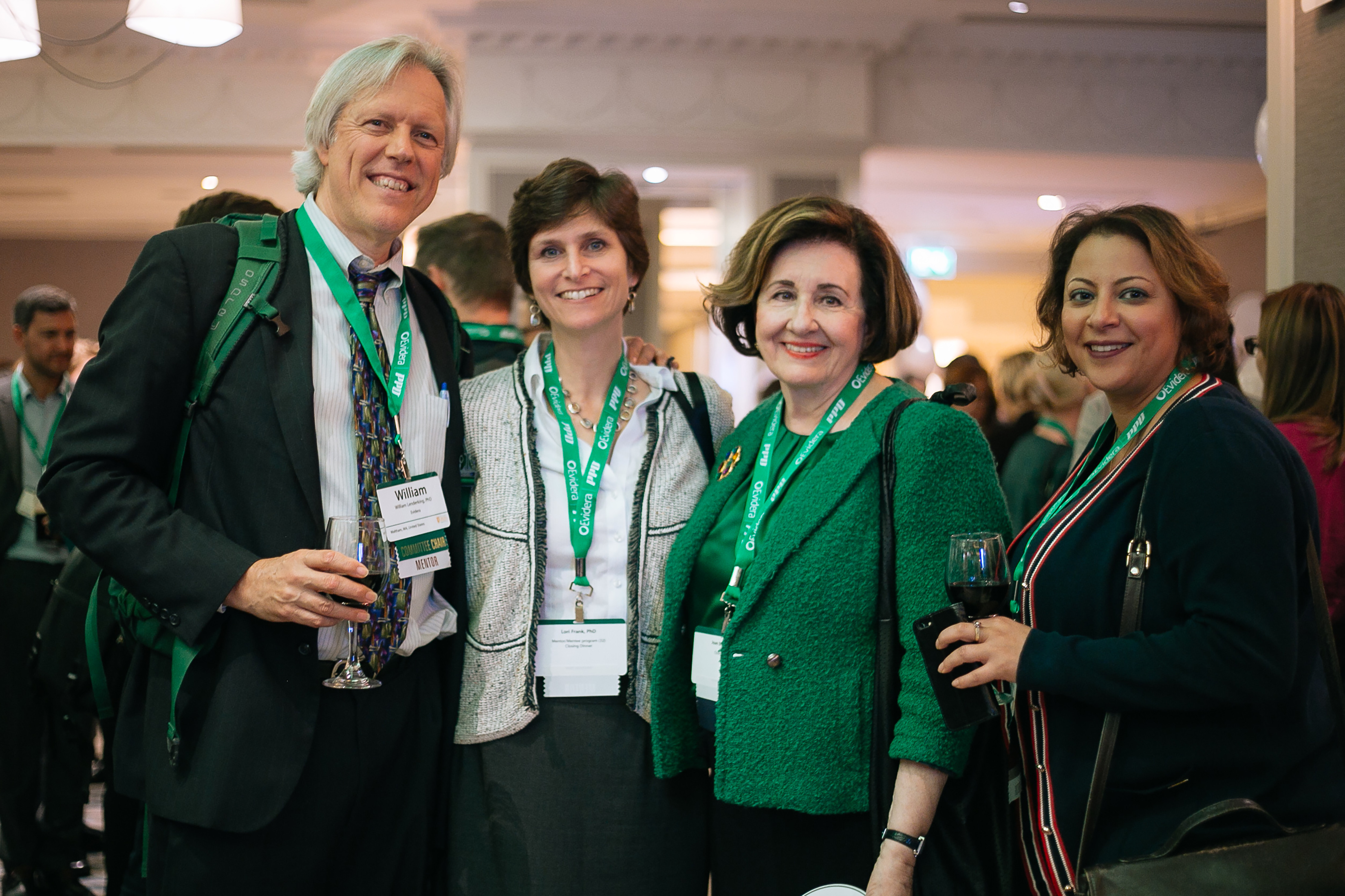
Core Values
The International Society for Quality of Life Research (ISOQOL) is a global community of researchers, clinicians, health care professionals, industry professionals, consultants, and patient research partners advancing health related quality of life research (HRQL). Together, we are creating a future in which patient perspective is integral to health research, care and policy.
Mission
The mission of ISOQOL is to advance the science of quality of life (QOL) and related patient-centered outcomes (PCO) in health research, care and policy.
Vision
ISOQOL will improve QOL for people everywhere by creating a future in which their perspective is integral in health research, care and policy.
Patient Engagement
ISOQOL supports the patient voice in QOL and patient-reported outcomes (PRO) research. Patient engagement initiatives are intended to align ISOQOL’s priorities and infrastructure with efforts to establish best practices in patient engaged QOL research and create educational efforts and model programs that promote best practices and fulfill ISOQOL’s mission.
Official ISOQOL Statements
2025
2017
Global Reach
Data pulled January 2025
Members by Region
North America
Europe
Oceania
South America
Africa
Asia & Middle East
Countries Represented by ISOQOL
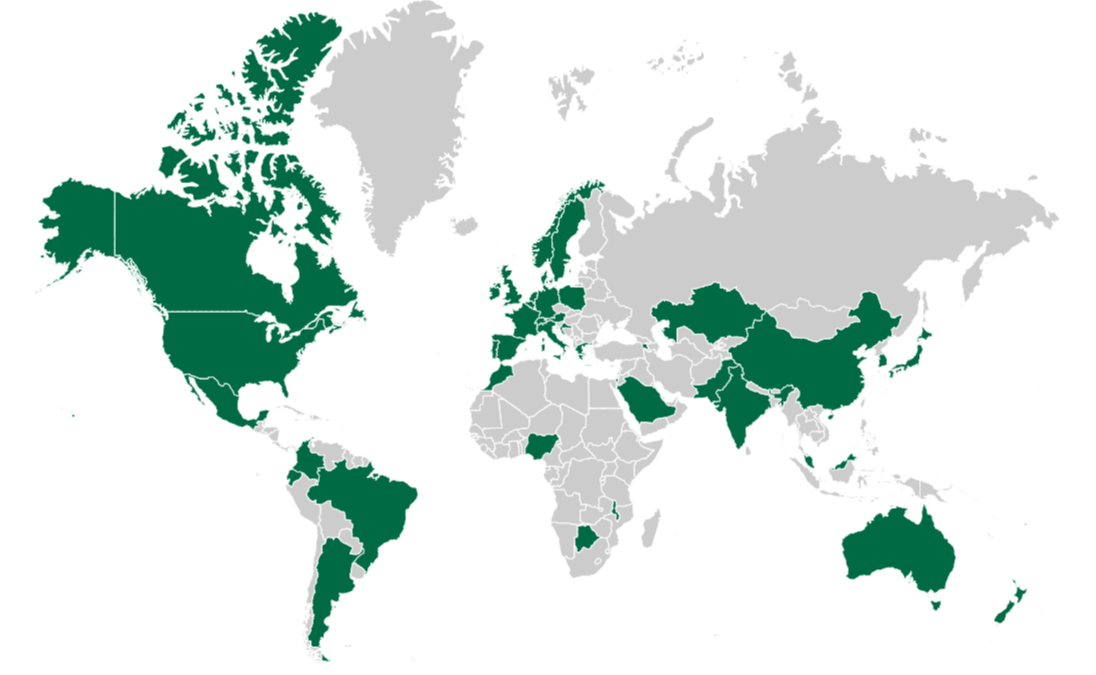
A Brief History
ISOQOL’s roots are found in the publication of the journal, Quality of Life Research (QLR), first published in February 1992. Two years later, ISOQOL was officially established as a nonprofit society whose purpose was to “promote the exchange of information about QOL and its investigation throughout the world.” To this day, ISOQOL endorses the Springer-owned QLR.
The ISOQOL Annual Conference
The Inaugural ISOQOL Annual Conference convened on 3 February 1994 in Brussels, Belgium. The two-day meeting was attended by over 200 participants. The conference showcased 65 oral presentations and 72 poster presentations whose abstracts were published in Volume 3, Issue 1 of QLR.
During the conference, ISOQOL was formed in an inaugural business meeting open to the public. During this meeting, Drs. Donald Patrick (President) and Robert Kaplan (Vice President) led discussions regarding the society’s mission, name, bylaws, journal, functions, membership and future conferences. An official call for members was released the following August.

Growth and Expansion
Membership grew to include roughly 400 members by the year 2000. During this time, ISOQOL expanded its mission statement to say:
“The mission of ISOQOL is to advance the scientific study of HRQL and other PCOs to identify effective interventions, enhance the quality of health care and promote the health of populations.”
Membership and the field of HRQL research continued to grow. Today, membership has more than doubled since 2000. ISOQOL boasts multiple yearly events and numerous educational initiatives. In 2017, ISOQOL launched the Journal of Patient-Reported Outcomes (JPRO). JPRO is an open access journal owned and endorsed by ISOQOL.
In 2015, membership growth prompted ISOQOL Leadership to reevaluate ISOQOL’s stance as a society. In the following years, the Board added the patient research partner (PRP) membership type, revised the ISOQOL mission statement to include health care and policy, created a vision statement and patient engagement statement, and developed a five-year strategic plan.
Looking to the Future
As a result of the Society’s growth, ISOQOL launched its rebranding initiative and a redesigned website, focusing on global reach and collaboration. In 2021, ISOQOL expanded its educational offerings with the launch of an e-learning platform that hosts courses, webinars and virtual symposia.
ISOQOL Leadership developed a new five-year strategic plan in 2024 to meet the diverse needs of members while increasing awareness, expanding outreach, and advancing QOL science and PCOs in health research, care and policy. The plan focuses on impact, relevance and engagement, with organizational excellence as a foundational goal to continue moving the Society forward.
Leadership
Board of Directors
While the governance of ISOQOL falls to its Board of Directors, the Society also relies on committees, task forces, panels and SIG Leaders to provide guidance and recommendations on specific topics.
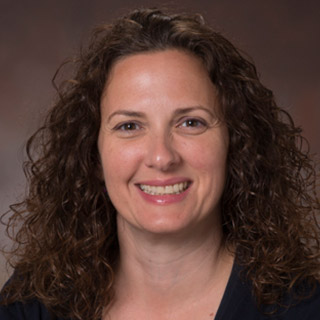
President
Josephine M. Norquist, MS
Merck Sharp & Dohme Corp.
Pennsylvania, United States
Term: 2023 – 2025
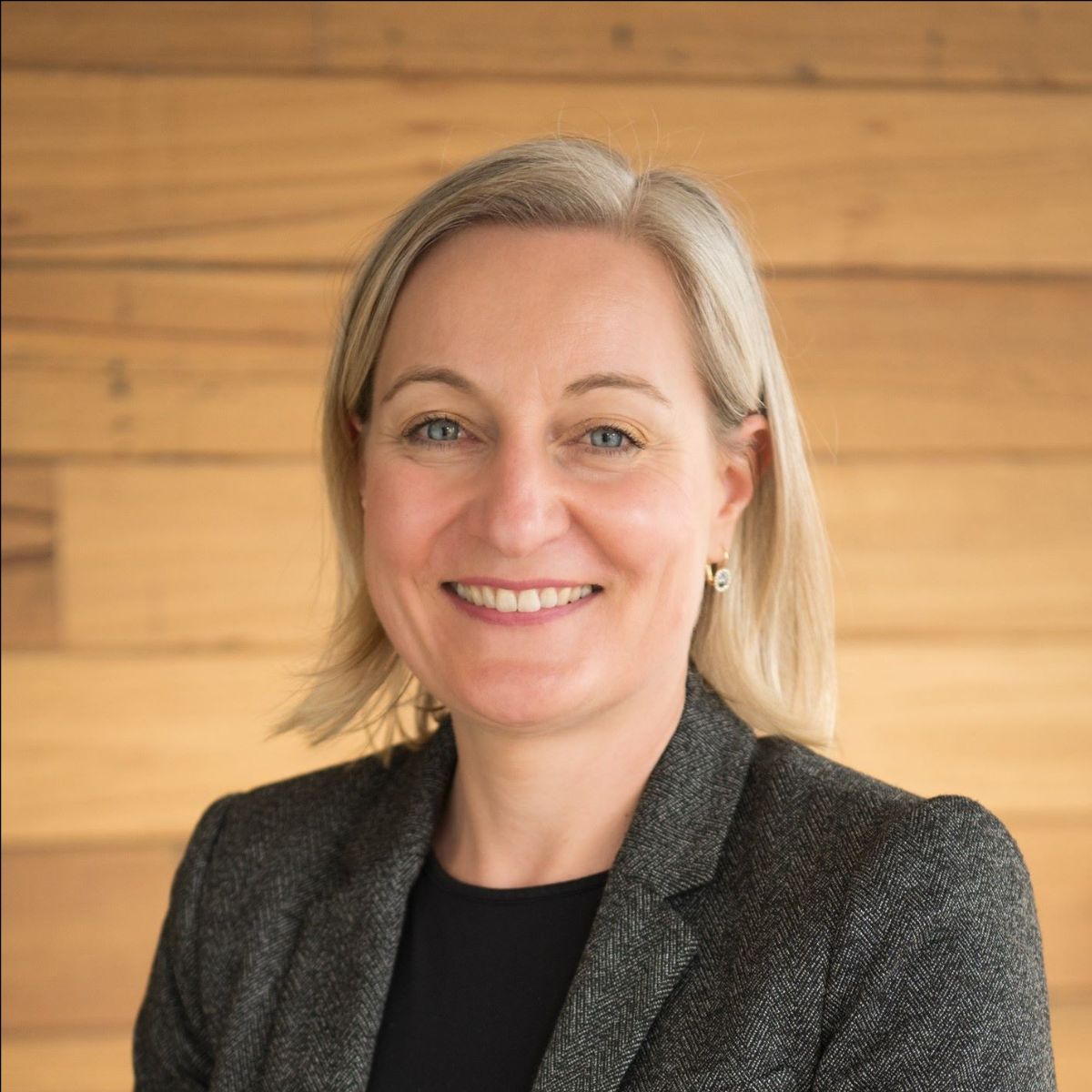
President-Elect
Sandra Nolte, PhD
Monash University
Victoria, Australia
Term: 2024 – 2025
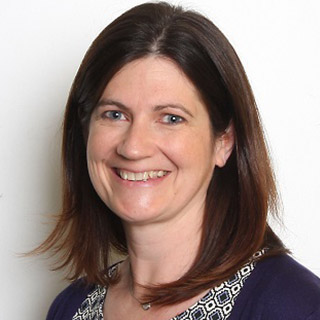
Secretary-Treasurer
Kim Cocks, PhD
Adelphi Values
United Kingdom
Term: 2024 – 2027
Directors-at-Large
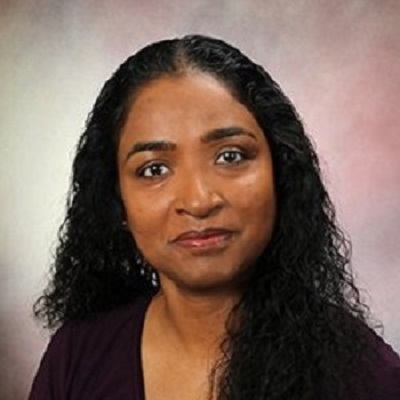
Elizabeth J. Unni, PhD
Touro College of Pharmacy
New York, United States
Term: 2022 – 2025
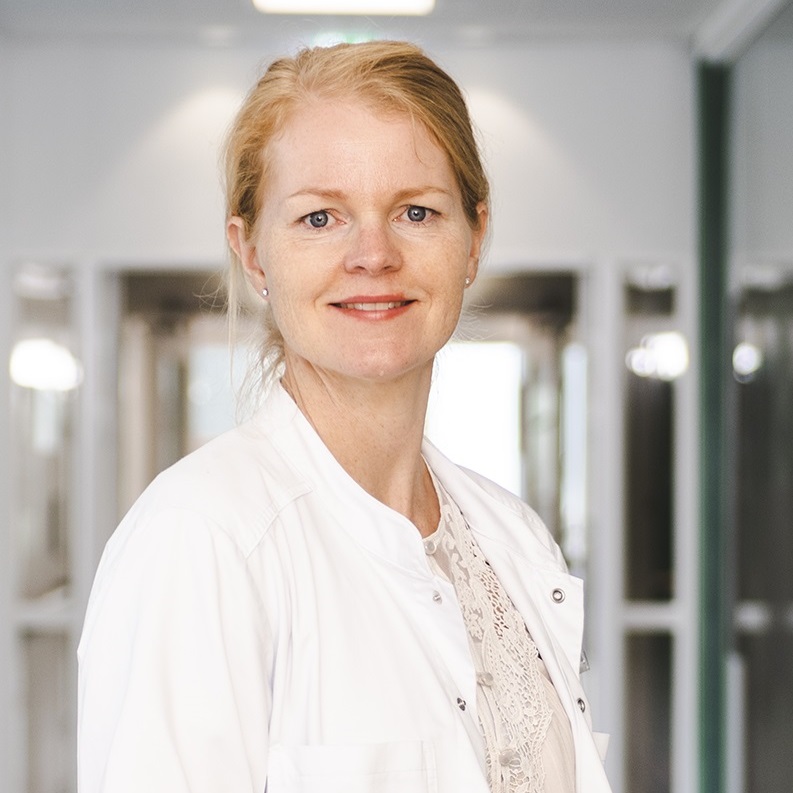
Lene Kongsgaard Nielsen, MD PhD
Quality of Life Research Center
Odense University Hospital
Denmark
Term: 2022 – 2025
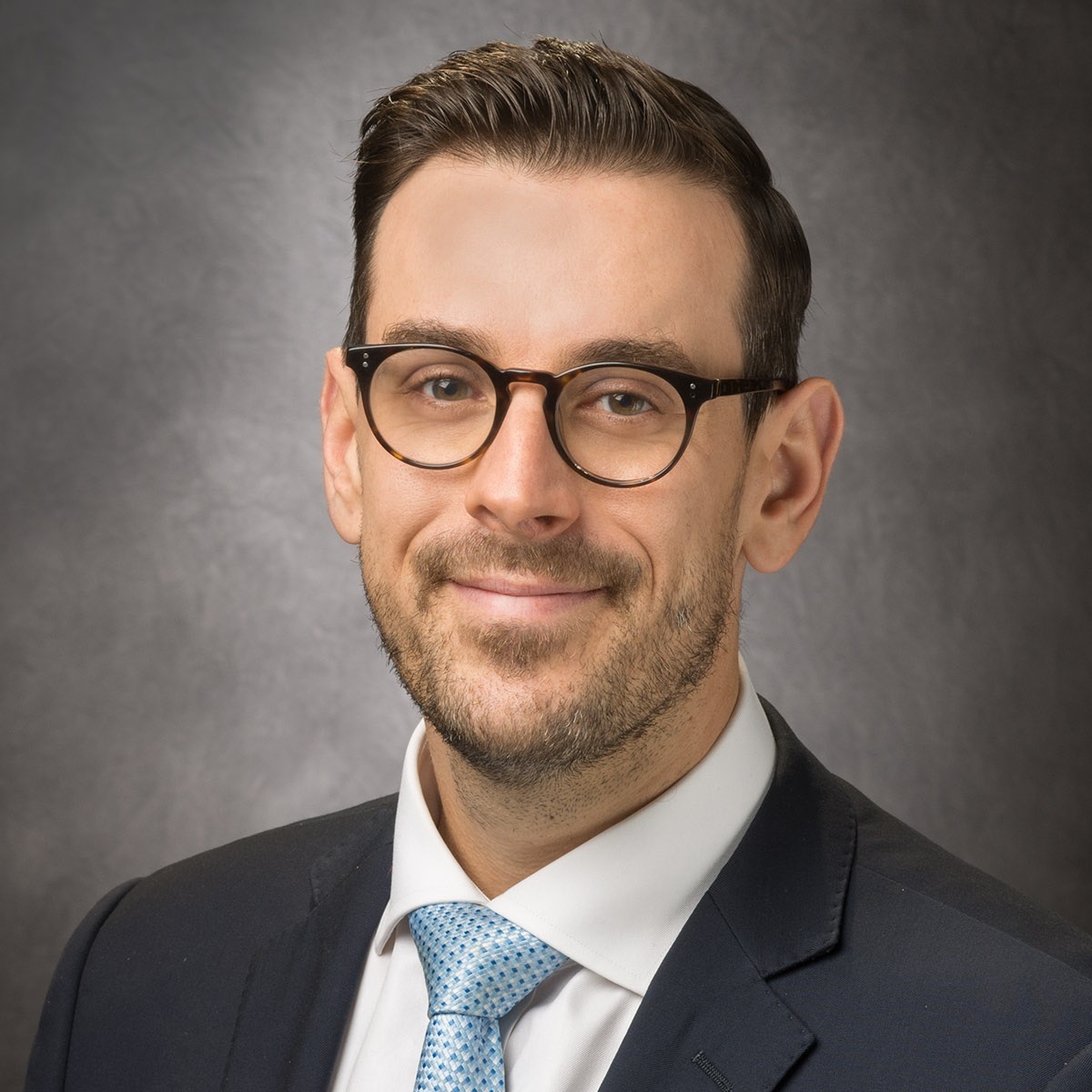
Christopher Sidey-Gibbons, PhD
The University of Texas MD Anderson Cancer Center
Texas, United States
Term: 2023 – 2026
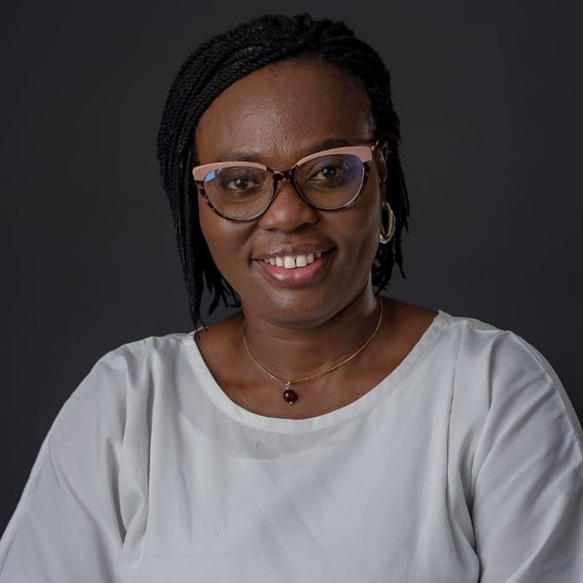
Adesola C. Odole, PhD
University of Ibadan
Nigeria
Term: 2023 – 2026
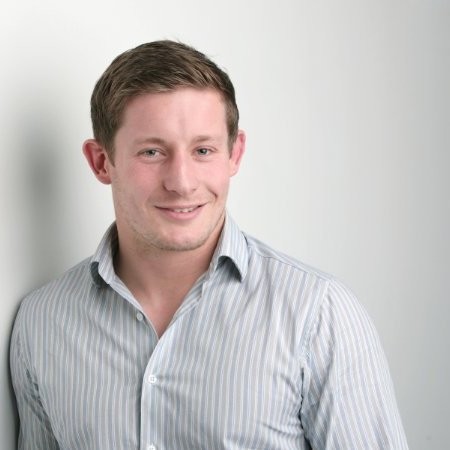
Tom Willgoss, PhD MSc
Roche
United Kingdom
Term: 2023 – 2026

Kathrin I. Fischer, PhD
Boehringer Ingelheim
Germany
Term: 2024 – 2027
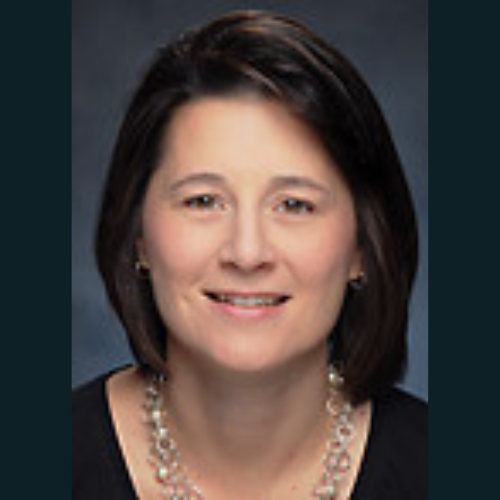
Lori D. McLeod, PhD
RTI Health Solutions
North Carolina, United States
Term: 2024 – 2027
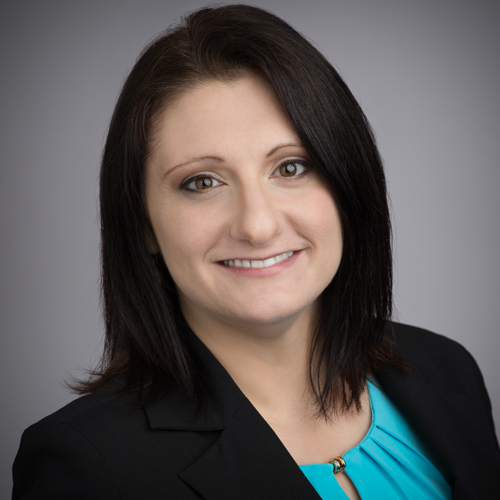
Angela M. Stover, PhD
University of North Carolina – Chapel Hill
North Carolina, United States
Term: 2024 – 2027
Federal Liaison
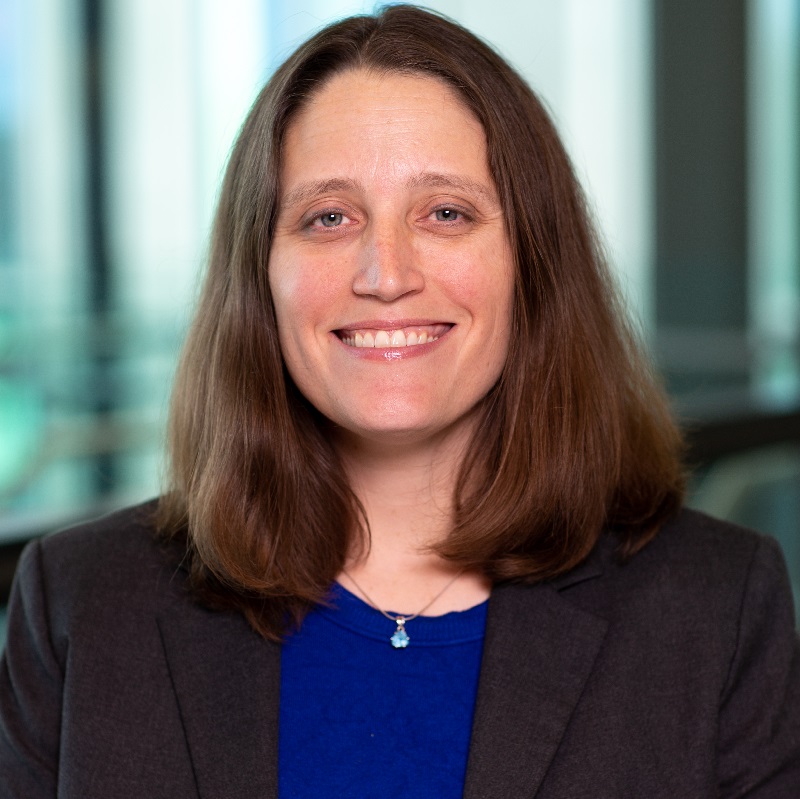
Roxanne E. Jensen, PhD
National Cancer Institute
Maryland, United States
Term: 2022 – 2025
ISOQOL Elections
The Board of Directors appoints a Nominations Committee of at least three members, one of whom is the Immediate Past President or President-Elect.
A call for nominations is opened to the membership, after which a ballot of nominees is presented to the membership.
Newly elected Board members take office at the conclusion of the Annual Business Meeting held during the ISOQOL Annual Conference.
Nominations are now closed.
Past Presidents
Presidents
Donald L. Patrick, PhD MSPH
Term: 1993 – 1994
Robert Kaplan, PhD
Term: 1994 – 1996
Monika Bullinger, PhD
Term: 1996 – 1998
Sharon Wood-Dauphinee, PhD
Term: 1998 – 2000
Ivan Barofsky, PhD
Term: 2000 – 2001
David Osoba, MD
Term: 2001 – 2002
Mirjam A. G. Sprangers, PhD
Term: 2002 – 2003
Albert W. Wu, MD MPH
Term: 2003 – 2004
David Feeny, PhD
Term: 2004 – 2005
Peter Fayers, PhD
Term: 2005 – 2006
Madeleine T. King, PhD
Term: 2006 – 2007
Donna L. Lamping, PhD
Term: 2007 – 2008
Neil K. Aaronson, PhD
Term: 2008 – 2009
Diane L. Fairclough, DrPH
Term: 2009 – 2010
Carol M. Moinpour, PhD
Term: 2010 – 2011
Bryce B. Reeve, PhD
Term: 2011 – 2013
Galina Velikova, MD PhD FRCP
Term: 2013 – 2015
Claire Snyder, PhD
Term: 2015 – 2017
Jose (Chema) Valderas, MD MPH PhD
Term: 2017 – 2019
Lori Frank, PhD
Term: 2019 – 2021
Joanne Greenhalgh, PhD
Term: 2021 – 2023
Journal Editors-in-Chief
Journal of Patient-Reported Outcomes (JPRO)
Quality of Life Research Journal (QLR)
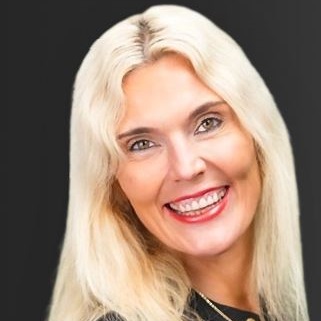
Rasa Ruseckaite, PhD MCompSc BCompSc
Monash University
Melbourne, Australia
Term: 2022 – January 2026
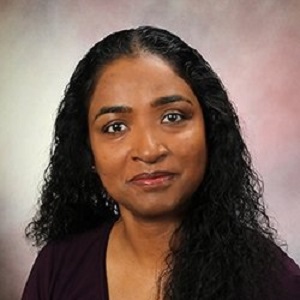
Elizabeth J. Unni, PhD
Touro College of Pharmacy
New York, United States
Term: 2024 – December 2028
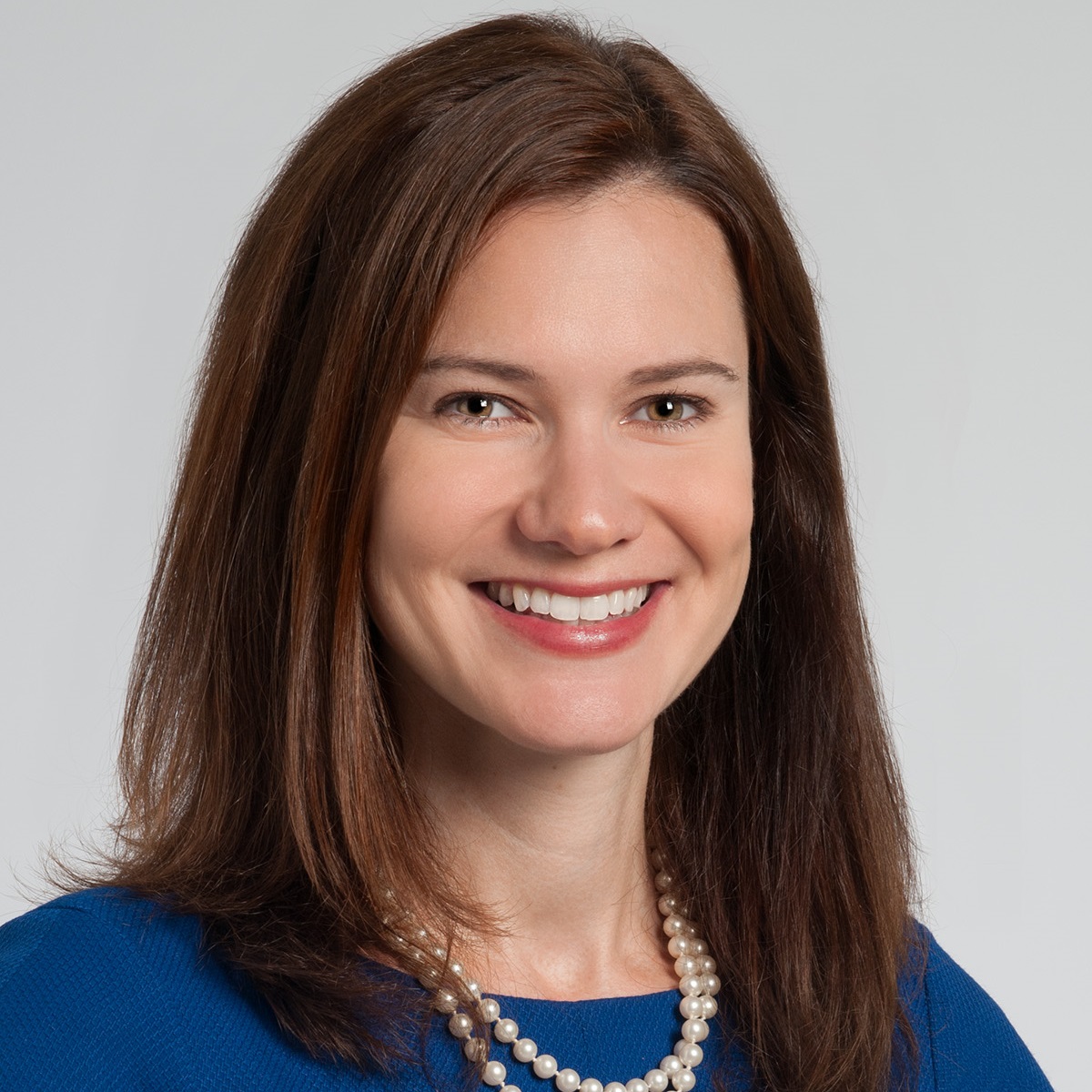
Brittany Lapin, PhD MPH
Cleveland Clinic
Ohio, United States
Term: 2023 – January 2027
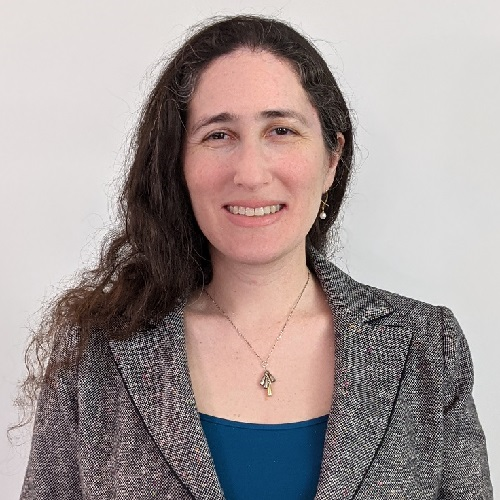
Jessica Roydhouse, PhD
University of Tasmania
Tasmania, Australia
Term: 2024 – January 2029
Past Editors-in-Chief
JPRO
Dennis Revicki, PhD
Term: 2016 – 2020
David Feeny, PhD
Term: 2016 – 2021
Ron D. Hays, PhD
Term: 2020 – 2022
Chih-Hung Chang, PhD
Term: 2021 – 2024
QLR
Maurice J. Staquet, MD MS
Term: 1993 – 1999
Neil K. Aaronson, PhD
Term: 1999 – 2005
Ron D. Hays, PhD
Term: 2005 – 2009
Dennis Revicki, PhD
Term: 2009 – 2015
Carolyn E. Schwartz, ScD
Term: 2009 – 2017
Frans Jeroen Oort, PhD
Term: 2015 – 2019
Claudia Rutherford, PhD
Term: 2019 – 2021
Richard L. Skolasky, ScD
Term: 2021 – 2023
Jan R. Boehnke, PhD
Term: 2017 – 2024
Memorial
The International Society for Quality of Life Research (ISOQOL) honors our departed members for their contributions.
Committees
Committees are charged with oversight of ongoing activities driven by the Strategic Plan and direction from the Board. ISOQOL members are encouraged to serve on a committee to lend their expertise and their voice to the society.
Calls for committee member volunteers are released in April or May every year. If you are interested in serving on a committee below, visit the Volunteer Page for details.
ISOQOL is currently undergoing a restructure, which will modify the roles and work of committees. Click here to learn more about the 2025-2027 Restructure.
Advisory Council of Past Presidents (ACPP)
Description: The ACPP serves as a resource to the President, Executive Committee and Board of Directors, providing institutional memory and input based on their experience.
Members: All living past presidents of ISOQOL who are members in good standing are automatically members of the council.
Chairs: Two past presidents serve as Co-Chairs for a two-year term with staggering term dates. Each past president serving as Co-Chair has the option to renew his/her term for one additional term.
Annual Conference Program Committee (AC Committee)
Description: The AC Committee manages the scientific content of the ISOQOL Annual Conference. They develop the theme, invite plenary speakers, and solicit presentations to develop a diverse scientific program. This committee is charged to ensure the highest quality educational program and promote participation.
Members: This committee consists of two Co-Chairs, one Local Representative, one Symposium Chair and a Board Liaison. The Local representatives and Symposium Chair are appointed by the Co-Chairs with approval of the Board Liaison.
Chairs: Program Chairs are appointed by the Executive Committee a minimum of 1.5 years in advance.
Audit Committee
Description: This committee is comprised of Executive Committee members. The Audit Committee reviews the year-end audit report and tax filing. The Secretary-Treasurer then presents the year-end audit report to the Board of Directors.
Members: This committee consists of the ISOQOL President and either the President-Elect or the Past President.
Chair: The ISOQOL Treasurer serves as the Committee Chair.
Collaboration Committee
Description: The Collaboration Committee works to forge mutually beneficial collaborations with external organizations to advance the field and position of ISOQOL as the leader in integrating HRQL research. They also evaluate, define and pursue collaborative opportunities
Members: This committee relies on member volunteers. All members are asked to serve a two-year term.
Communications Committee
Description: The Communications Committee works to increase awareness, recognition and support of ISOQOL to various stakeholders/audiences through the development and maintenance of a communication plan and outreach strategies.
Members: This committee relies on member volunteers. All members are asked to serve a two-year term.
Education Committee & Subcommittees
Description: The Education Committee advances the scientific study of health related quality of life and other patient-centered outcomes by reviewing submitted/proposed projects to develop the ISOQOL education program. The Committee will oversee all educational content for ISOQOL.
Members: This committee relies on member volunteers and is composed of two subcommittees. All members are asked to serve a two-year term.
Membership Committee
Description: The Membership Committee works to expand, recruit and maintain membership in general and in underrepresented groups and/or regions.
Members: This committee relies on member volunteers. All members are asked to serve a two-year term.
Nominations Committee
Description: The Nominations Committee plays an active role in identifying potential Director-at-Large candidates, as well as the officer positions of President Elect and Secretary-Treasurer to the Board of Directors. The committee presents the slate of candidates to the ISOQOL Board of Directors for approval. Once approved, the slate of candidates is sent to membership for vote and confirmation. The committee also reviews and recommends candidates for Honorary Membership status to the Board of Directors.
Members: Members are composed of one member from each Board Council and are recommended by the Executive Committee. All members serve a two-year term, with staggering term dates.
Chair: The chair position is filled by either the President-Elect or the Past President.
Task Forces
Task forces are charged with oversight of a time-limited activity identified by the Board and/or the 2024-2028 Strategic Plan. ISOQOL members are encouraged to serve on task forces to lend their expertise and their voice to the Society.
SIG Task Force
Description:
As part of the implementation of ISOQOL’s 2024-2028 Strategic Plan Engagement Goal to “Enable and support Special Interest Groups and other member groups to foster visibility, connections, and collaborations in addressing topics relevant to quality of life science,” ISOQOL is establishing a Regional Interest Group (RIG) Task Force and a Special Interest Group (SIG) Task Force. The SIG task force is spearheaded by 3 members who participated in the Strategic Plan development process and the work of the task force will be divided amongst multiple working groups. We are currently calling for volunteers to join the working groups under the Special Interest Group Task force. Learn more about the call for volunteers here.

The International Society for Quality of Life Research (ISOQOL) is a global community of researchers, clinicians, health care professionals, industry professionals, consultants, and patient research partners advancing health related quality of life research (HRQL).
Together, we are creating a future in which patient perspective is integral to health research, care and policy.
